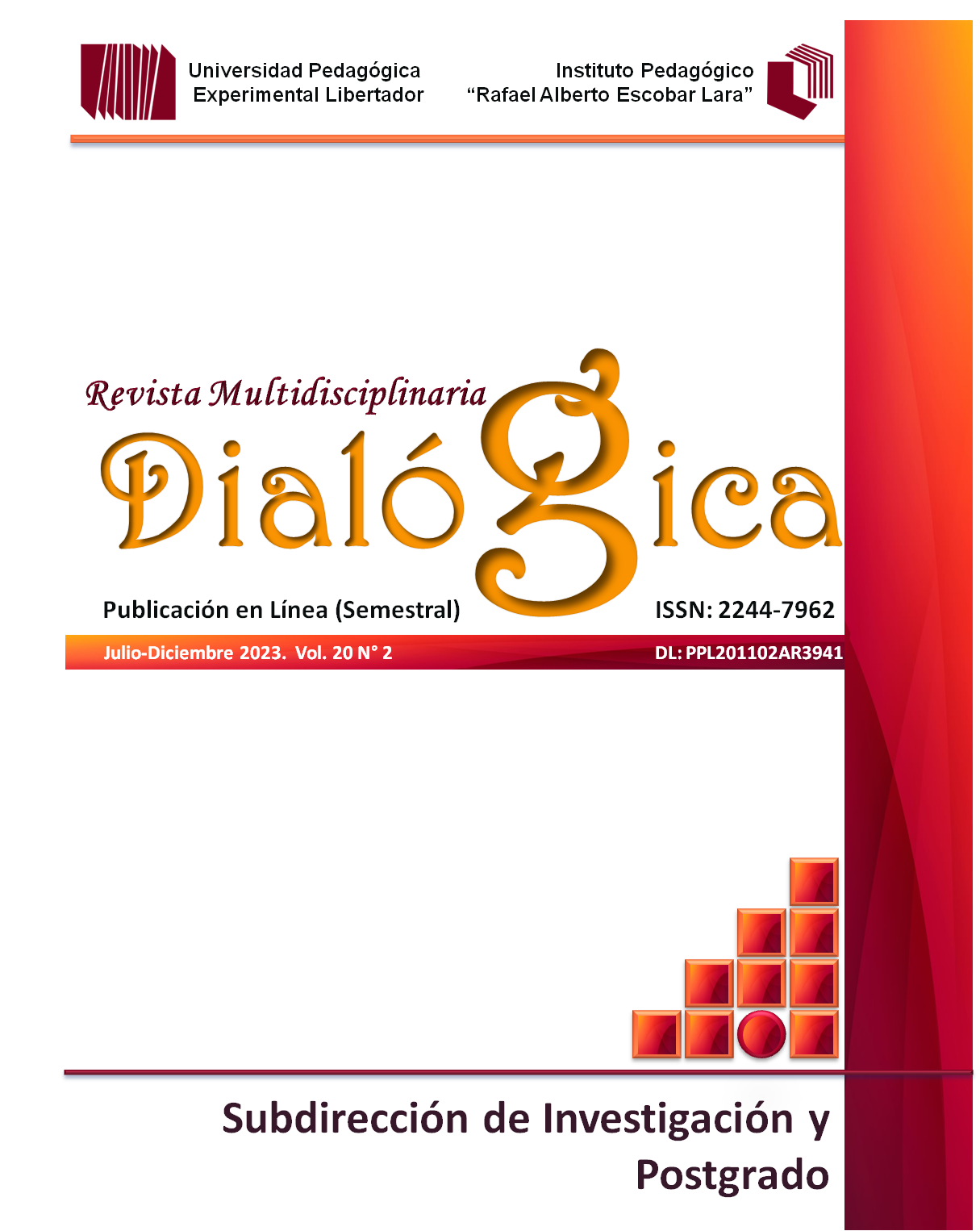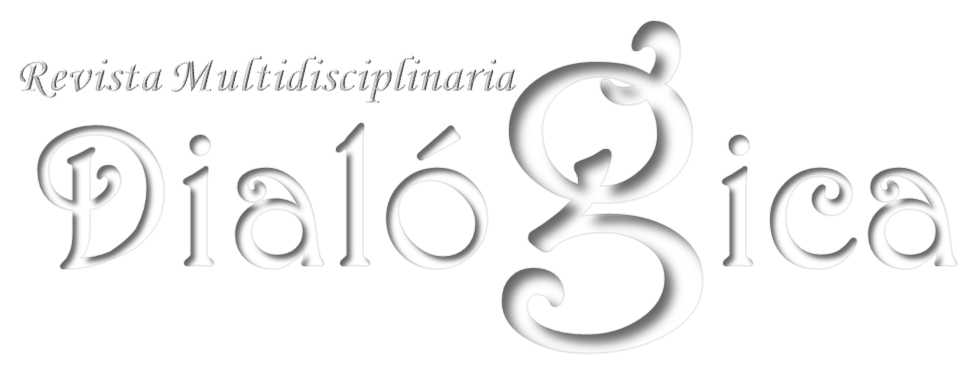EPISTEMOLOGICAL LINK BETWEEN MORÍN'S KNOWLEDGE AND COVEY'S HABITS
DOI:
https://doi.org/10.56219/dialgica.v20i2.2610Keywords:
Seven knowledge, seven habits, relevant educationAbstract
The purpose of this essay is to evaluate the current relevance of "The seven necessary knowledge for the education of the future" proposed by Morín in 1999. In the same way, it seeks to present a list of habits that allow the teacher to promote the seven knowledge in the student raised by Morín. For the second part, the book "The Seven Habits of Highly Effective People" by Stephen Covey will be taken as a reference. For this epistemological paradigm essay with an interpretive approach, the review of the two main bibliographies will be carried out, together with the theoretical contribution of other authors, in order to establish the relationship between knowledge and habits. The main contribution of this article is to demonstrate the current importance of "The seven necessary knowledge for the education of the future" and propose a practical way in which these can be strengthened through habits promoted from the classroom.
References
Acosta, M. L. Q. (2013). Los siete saberes y el pensamiento complejo: El gran desafío de la educación del siglo XXI. Revista UNAH INNOV@, 2, Article 2. https://doi.org/10.5377/unahinnov.v0i2.2377 DOI: https://doi.org/10.5377/unahinnov.v0i2.2377
Ambrosy Velarde, I. L. (2015). La educación en el contexto de la sociedad actual. Revista Electrónica Calidad en la Educación Superior, 6(2). https://doi.org/10.22458/caes.v6i2.955 DOI: https://doi.org/10.22458/caes.v6i2.955
Aranibar Brañez, D. E. (2010). Los siete saberes según Edgar Morín. Gaceta Médica Boliviana, 33(1), 76-78. https://www.gacetamedicaboliviana.com/index.php/gmb/article/view/506
Covey, S. R. (2002). Los 7 hábitos de la gente altamente efectiva. Paidós.
Duhigg, C. (2022). El poder de los hábitos: Por qué hacemos lo que hacemos en la vida y en el trabajo. Vergara.
León Guerrero, G. (2004). La educación en el contexto de la globalización. Revista Historia de la Educación Latinoamericana, 6(6), 343-354.
Morín, E. (1999). Los siete saberes necesarios para la educación del futuro. UNESCO.
Sánchez, M. C. y Araya, R. G. (2012). Desafíos de la educación en la sociedad actual. Revista Electrónica Diálogos Educativos. REDE, 12(24). http://revistas.umce.cl/index.php/dialogoseducativos/article/view/1055
Downloads
Published
How to Cite
Issue
Section
License
Copyright (c) 2024 Thairubys Contreras

This work is licensed under a Creative Commons Attribution-NonCommercial-ShareAlike 4.0 International License.


 @revistadialogica
@revistadialogica DialogicaUPEL
DialogicaUPEL RevistaDialogicaUPELMaracay
RevistaDialogicaUPELMaracay dialógicaupel@gmail.com
dialógicaupel@gmail.com dialogicaupel.blogspot.com
dialogicaupel.blogspot.com https://issuu.com/dialogicaupel
https://issuu.com/dialogicaupel https://revistas.upel.edu.ve/index.php/dialogica/
https://revistas.upel.edu.ve/index.php/dialogica/









